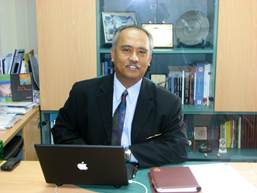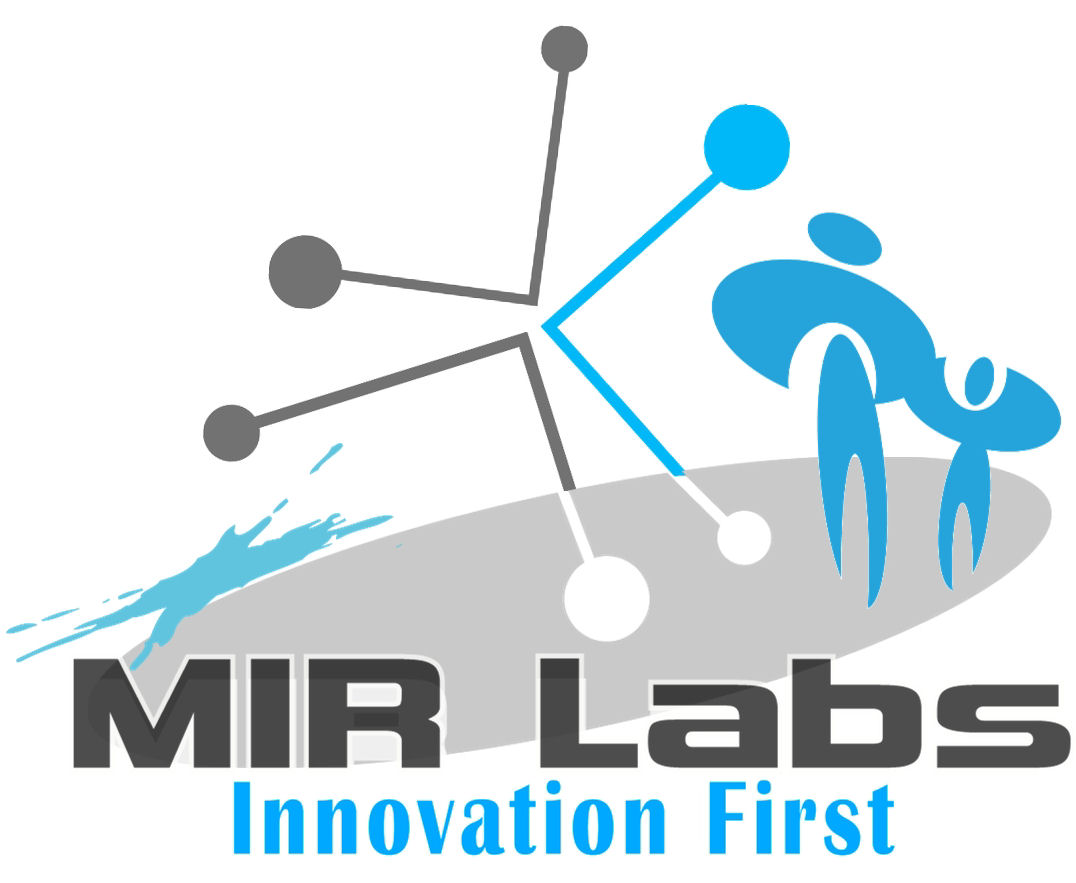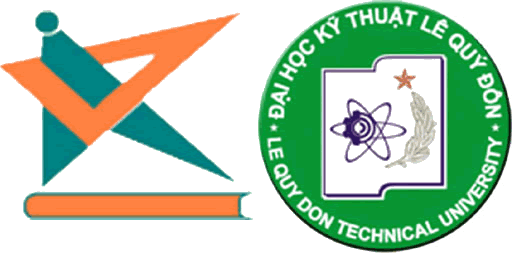[Abstract]
Volunteering is an altruistic activity where community members contribute time, resources and services to fulfill a need without being paid financially. There are many benefits from volunteering and communities with high volunteering culture achieved higher rankings on the happiness index. Volunteering is a common way of life in many villages but less in cities due to various factors including attitude, work demands, life commitments, time limitations and the hazards of living in a fast pace environment. As a center for commercial, administration, education, entertainment, and urban social activities, cities naturally attract many talents to come and work, learn, live and play. Urban communities comprise of dwellers from various demographic backgrounds, have higher education, better income, purchasing power, superior infrastructure, facilities and more opportunities to make meaningful changes compared to villagers. This unaligned intellectual capital will go to waste if not harnessed for the common good of the community. The issue then is how to get communities to contribute and be involved in volunteering activities? One of the factors identified contributing to active volunteering is activity organization. Communities respond and contribute significantly to volunteering activities when there is a formal or informal group organizing and promoting the activities. An issue here is how to sustain this group after the volunteering project has fulfilled its purpose when each member of the community is busy and there is no economic reward for the effort? The concept of setting-up an administrative organization to manage volunteering activities is not viable since it requires a continuous budget and resources while the volunteering activity is seasonal and the focus is diverse. Many community members are found to be also against autocratic rule that came from such an organization as well as if it is biased towards a certain ideology. A novel and effective solution is to utilize swarm intelligence by getting the crowd decentralized self-organization feature to sustain the volunteering activities and involvement in open innovation. Like swarm of ants and bees, the community does not need a leader to dictate them on what to do. By providing a framework and ecosystem for virtual collaboration, communities are able to organize and run various activities by themselves. A volunteering portal for crowdsourcing, crowd funding and crowd innovation based on swarm intelligence facilitates members of the community to propose, support and be involved in volunteering projects through a self-organization.
|
[Biography] Prof. Dr. Ahmad Zaki Bin Abu Bakar is a Senior Professor at the Department of Interactive Media, Faculty of Information and Communication Technology, Universiti Teknikal Malaysia Melaka (UTeM) since November 2012. Previously he was with Universiti Teknologi Malaysia (UTM) since 1977. He was the UTM official representative and Visiting Professor at Qatar University from 2010 to 2011, Universitas Gadjah Mada, Yogyakarta, Indonesia in 2010 and before that at Universitas Sriwijaya, Palembang, Indonesia.
He serves in many national and international committees such President of the Malaysian National Computer Confederation (MNCC) since June 2012, Exco member and Vice President of the South East Asia Regional Confederation (SEARCC) since 2013, a member of the National Information Technology Council since 2012, Secretary of the ICT Cluster of the Malaysian National Council of Professors since 2012, Chairman of the National E-Commerce Standards Committee since 2003, a senior panel member for the Malaysian Qualification Agency since 2006, a member of the Malaysian National Academic Search Committee since 2007 and as the Honorary Johor Commissioner of Scouts since 2009.
His current research interests include Swarm Intellogence, Community Informatics, Natural Language Processing, Machine Translation, Multilingual Information Technology, Information Systems Innovation, Intelligent Systems, Knowledge Management Systems, Complex Systems, e-Business, IT Technopreneurship, IT Project Management, Creativity & Innovation, Science & Technology Fiction and Technology Foresight and Policy.
His management experience include Director of UTeMEX since 2013, Director of UTM Press (2007 – 2008), Dean of International Affairs (2004 – 2007), Dean of Faculty of Computer Science and Information Systems (2001 – 2004), Manager of Technopreneur Development at the Bureau of Innovation and Consultancy (1999 – 2001), Manager of Integrated Graduate Development Scheme of the Business Advanced Technology Center (1996 -1997), founding Managing Director of the Malaysian National Institute of Translation (1993 - 1996) and Director of the Malaysian Division of the Joint Research in Multilingual Computer Translation Project between Japan, Malaysia, China, Thailand and Indonesia (1989 -1996).
|





